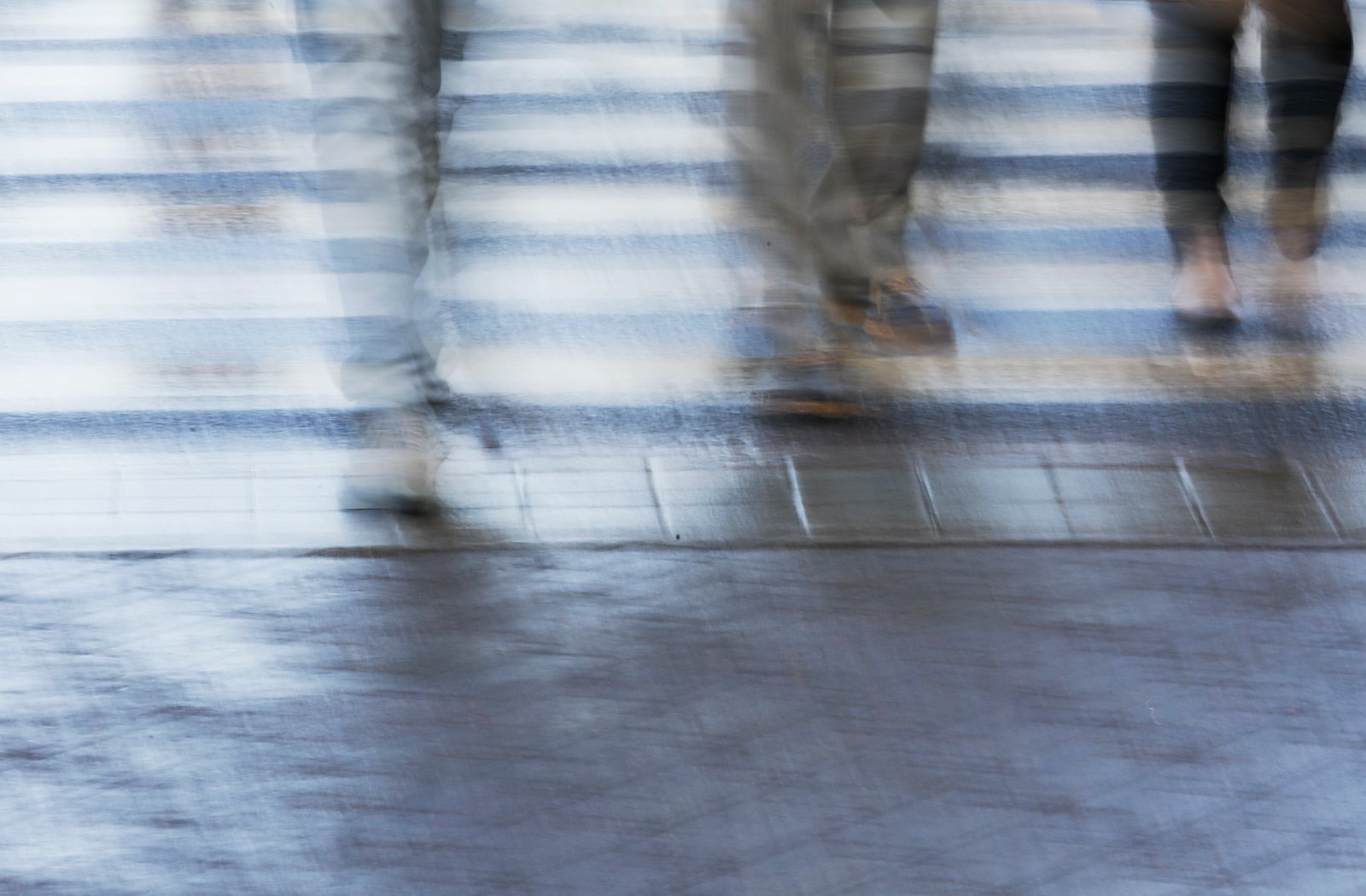News
News and press releases
-
Collective bargaining 01.07.2025Agreement increases for the government, the private education sector and early childhood education, vocational adult education centres and universities will enter into force at the beginning of JulyThe general increases in accordance with the collective agreements for the government and universities agreed in the spring will enter into force on 1 July 2025. In July and August, the payment of salary increases concerning the private education sector, early childhood education and vocational adult education centre agreements will start as well.
-
Collective bargaining 21.05.2025Collective agreement for university employees – OAJ dissatisfied with the solution
-
Collective bargaining 21.05.2025OAJ rejects settlement proposal concerning universities
-
Collective bargaining 12.05.2025Strike notice for the Universities of Helsinki and Turku – 13,000 university employees to strike
-
Collective bargaining 22.04.2025University labor negotiations stalled – strike notice for Tampere University
